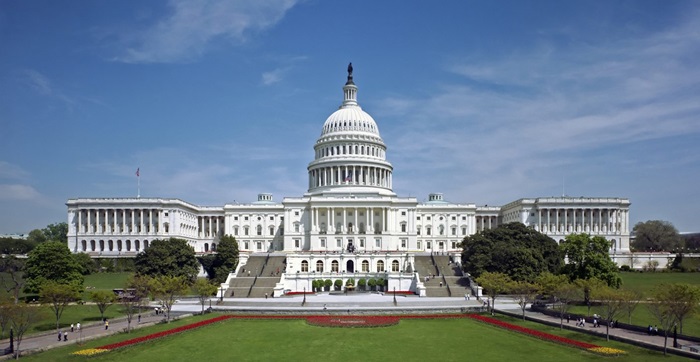
In a significant move, the U.S. House of Representatives passed a bill on November 30, aimed at preventing Iran’s regime from accessing $6 billion in funds released in a hostage deal.
The bill, strongly supported by various congressional members, seeks to counteract Tehran’s influence, which is widely regarded as a primary supporter of global terrorism.
Michael McCaul, Chairman of the U.S House Committee of Foreign Affairs, criticized the Biden administration for orchestrating what he termed a “dangerous, reckless hostage deal.” He emphasized the bill’s necessity, asserting it repairs the harm by preventing Iran from accessing funds that would effectively price American citizens’ safety.
McCaul highlighted the broader implications of Iran’s activities, pointing out its escalating aggressions in the Middle East and support for Russia in the Ukraine conflict through the provision of deadly drones. He underscored the urgency in addressing Iran’s destabilizing influence that extends beyond regional borders.
Steve Scalise, the US House Majority Leader, echoed these concerns, pointing to Iran’s clear intentions to use the $6 billion for purposes other than humanitarian aid, as stated by the Iranian president. Scalise urged a bipartisan stance in the Senate to prevent these funds from reaching Iran.
Mike Garcia, a member of the Congressional Budget and Information Committees, argued against the necessity of congressional intervention to stop the President from sending funds to Iran, known for supporting terrorism. He criticized the U.S. government’s justification of the funds being for humanitarian purposes, likening it to naively funding an addict.
U.S. Representative Young Kim, in strong support of H.R. 5967, the No Funds for Iranian Terrorism Act, explained the bill’s purpose. It imposes sanctions on international financial institutions involved in transactions with the $6 billion unfrozen Iranian assets, initially transferred from South Korea to Qatar. She highlighted the urgent need for strong Congressional action to thwart Iran’s terror agenda, especially considering the attacks on U.S. troops by Iran’s proxy militia.
Representative August Pfluger called this a critical moment requiring firm action. He urged the U.S. to intensify pressure on Iran by restricting its fund access, emphasizing deterrence as a strategic approach.
Finally, Congressman Daniel Webster expressed his support for the bill in a press release, underscoring the necessity of freezing these funds to prevent them from fueling Iran’s terrorist activities. He described Iran as an adversary to U.S. interests and global security, underscoring the importance of the legislation in safeguarding universal values of liberty and international security.

MEK Iran (follow us on Twitter and Facebook), Maryam Rajavi’s on her site, Twitter & Facebook, NCRI (Twitter & Facebook), and People’s Mojahedin Organization of Iran – MEK IRAN – YouTu
